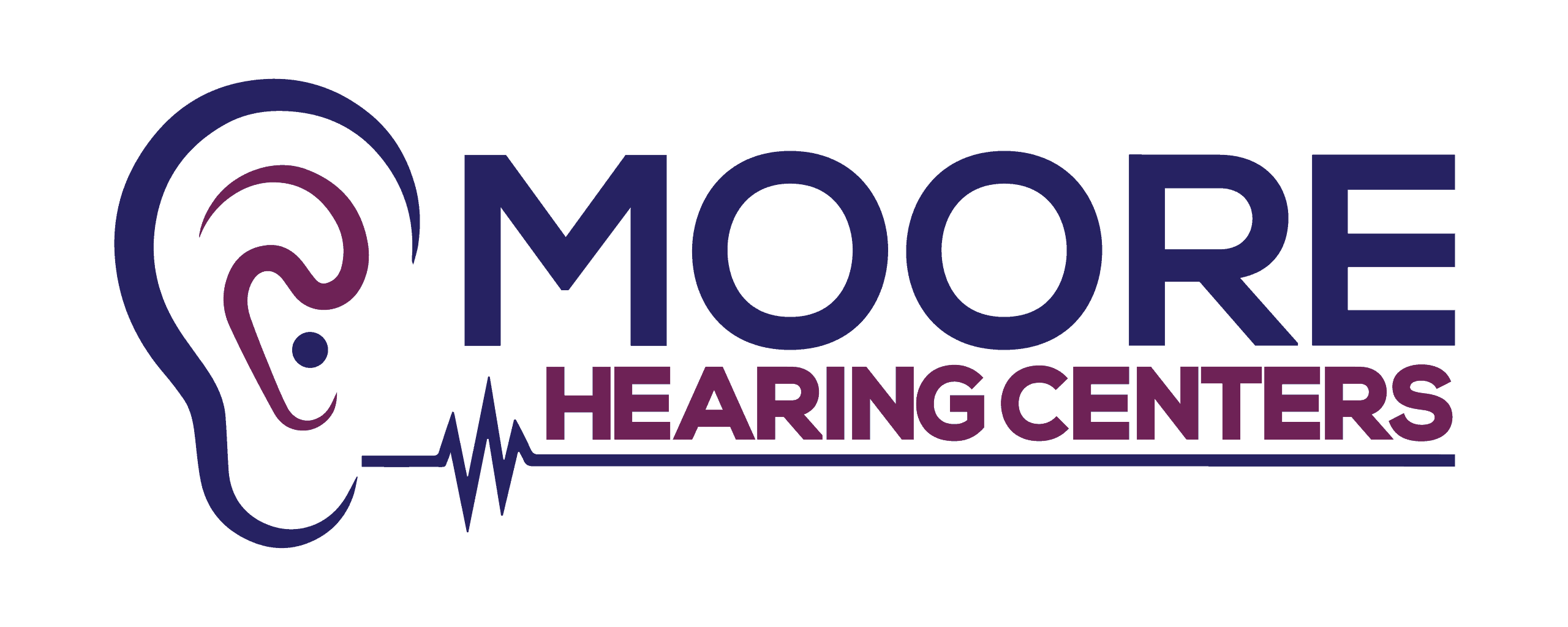For those who rely on hearing aids, proper care is essential not just for performance but also for protecting your hearing health. At Moore Hearing Centers in Sun City, AZ, we’ve seen firsthand how poor maintenance can lead to malfunctioning devices and even contribute to complications like sudden hearing loss if hearing aids fail unexpectedly. To help you avoid issues and extend the life of your devices, here are some important do’s and don’ts of hearing aid maintenance.
The Do’s of Hearing Aid Maintenance
- Do Clean Your Hearing Aids Daily
Wipe down your hearing aids every day with a dry, soft cloth. This removes earwax, dust, and moisture that can clog the microphone or speaker. - Do Use a Hearing Aid Cleaning Kit
Invest in a professional cleaning kit that includes tools like a wax loop, brush, and vent cleaner. These make it easier to remove debris from hard-to-reach areas. - Do Store Your Devices Properly
When not in use, store your hearing aids in a dry, cool place. Use a dehumidifier or drying case to remove moisture overnight, especially in humid climates like South Dakota’s summers. - Do Replace Wax Guards and Filters Regularly
Wax guards protect the internal parts of your hearing aid from earwax buildup. Change them as recommended—typically every few weeks or as needed. - Do Schedule Regular Check-Ups
Visit your audiologist every few months for a professional cleaning and performance check. This helps catch potential problems before they cause sudden hearing loss or device failure.
Read More: Sudden Hearing Loss: Causes, Symptoms, and When to Seek Help
The Don’ts of Hearing Aid Maintenance
- Don’t Expose Hearing Aids to Water
Even if your device is water-resistant, avoid showering, swimming, or walking in heavy rain while wearing them. Moisture can cause permanent damage. - Don’t Use Alcohol or Cleaning Chemicals
Harsh chemicals can degrade the plastic casing or internal components. Always use cleaning solutions approved for hearing aids. - Don’t Leave Batteries Inside When Not in Use
If you won’t be using your hearing aids for an extended period, remove the batteries to prevent corrosion and battery drain. - Don’t Ignore Changes in Sound Quality
If your hearing aid sounds muffled, static-filled, or cuts out, don’t wait. A malfunctioning device can lead to sudden hearing loss if your hearing needs go unmet for too long. - Don’t Attempt DIY Repairs
It may be tempting to fix a broken hearing aid at home, but this often causes more harm than good. Leave repairs to professionals who understand the delicate components of your device.
Why Proper Maintenance Matters
Poorly maintained hearing aids don’t just perform badly—they can also put your hearing health at risk. If your devices stop working and you don’t realize it right away, the resulting lack of auditory input can contribute to feelings of disorientation, communication difficulties, or even sudden hearing loss in rare cases. Regular hearing aid maintenance ensures your devices remain reliable and effective.
Need Help with Hearing Aid Care? Visit Moore Hearing Centers
At Moore Hearing Centers in Sun City, AZ, we offer professional cleanings, repairs, and maintenance advice tailored to your specific hearing aids. If you’re experiencing trouble with your devices—or if you’re worried about potential sudden hearing loss—schedule a visit with our audiologists today. We’re here to help you hear better, longer.

Recent Comments